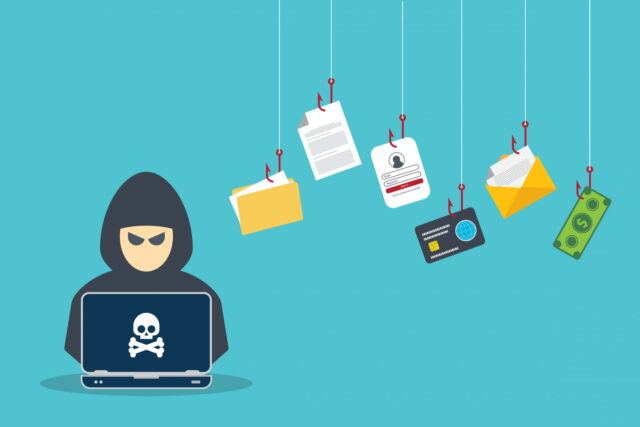In the digital age, scam emails have become an unfortunate part of our online existence. Cybercriminals continuously concoct cunning schemes to trick unsuspecting individuals and organizations. From the classic Nigerian prince scam to sophisticated phishing campaigns, understanding the various types of scam emails is essential for safeguarding yourself against these deceitful attempts. In this blog post, we’ll take you on a journey through the treacherous landscape of scam emails, exploring the different types and red flags associated with each.
- Phishing Scams
Red Flag: Unsolicited emails requesting sensitive information.
Phishing emails are one of the most common and deceptive types of scam emails. Cybercriminals pose as trustworthy entities, such as banks, government agencies, or reputable companies, to trick recipients into revealing personal information like passwords, credit card numbers, or social security numbers. They often create a sense of urgency or fear to manipulate victims into taking immediate action.
- Advance Fee Fraud (Nigerian Prince Scam)
Red Flag: Emails offering a large sum of money in exchange for a fee.
The classic Nigerian prince scam is a variant of advance fee fraud. Scammers claim to be royalty or high-ranking officials who need your help to move a substantial sum of money out of their country. In return, they promise you a generous commission. However, before you receive your “reward,” you’re required to pay various fees or taxes upfront. This is a clear ploy to extract money from victims with no intention of delivering any promised riches.
- Lottery or Prize Scams
Red Flag: Unsolicited emails claiming you’ve won a lottery or prize you didn’t enter.
In these scams, you’ll receive an email stating you’ve won a lottery, contest, or sweepstakes you didn’t participate in. To claim your “winnings,” scammers will ask for personal or financial information, or they may request payment for taxes or fees. Legitimate lotteries or contests do not require such payments or personal details to claim prizes.
- Fake Invoice or Billing Scams
Red Flag: Unexpected invoices or bills for services or products you didn’t order.
Scammers send emails that appear to be invoices or bills for products or services you never requested. They rely on recipients making payments out of confusion or fear of repercussions. Always double-check the legitimacy of invoices and bills before making any payments.
- Charity Scams
Red Flag: Requests for donations to dubious or fake charities.
Scammers exploit your generosity by sending emails asking for donations to charities or causes that don’t exist or have no real charitable purpose. Always verify the authenticity of a charity before making any donations.
- Tech Support Scams
Red Flag: Unsolicited emails claiming technical issues with your device.
Tech support scammers pretend to be from reputable tech companies and claim that your computer or device has issues that require immediate attention. They may ask for remote access to your device or request payment for their services. Legitimate tech companies will not contact you out of the blue regarding device issues.
- Romance Scams
Red Flag: Unsolicited romantic advances or relationships initiated through email.
Romance scammers create fake online personas to form emotional connections with victims. They may eventually request money for various reasons, exploiting the victim’s emotions and trust. Always exercise caution when engaging in online relationships with individuals you haven’t met in person.
Conclusion
Scam emails come in many shapes and sizes, but they all share a common goal: to deceive and defraud. By recognizing the red flags associated with different types of scam emails, you can protect yourself and your personal information from cybercriminals. Always be skeptical of unsolicited emails, verify the legitimacy of requests, and trust your instincts. In the world of scam emails, vigilance is your best defense.


